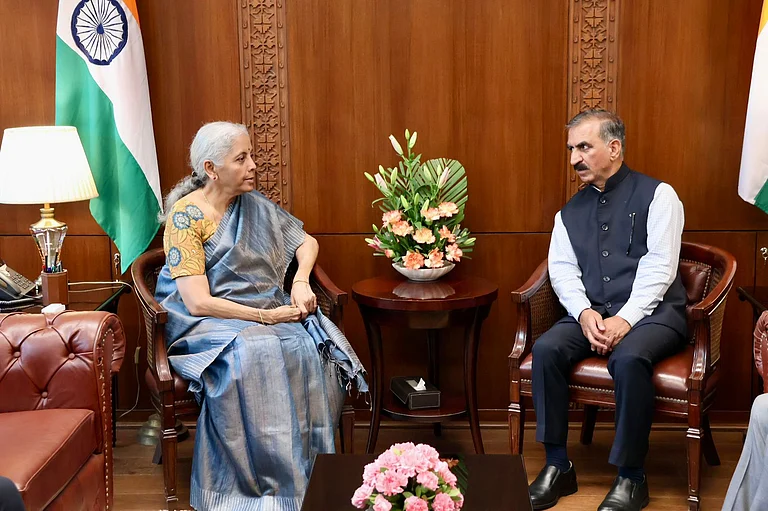President Joe Biden averted a looming federal government shutdown by signing a temporary funding bill into law late Saturday. The bipartisan deal, rushed through Congress, dropped aid to Ukraine—opposed by a growing number of GOP lawmakers—but increased federal disaster assistance by USD 16 billion, meeting Biden's full request. The bill, keeping agencies open, extends government funding until November 17.
In a surprising turn of events in the House, Speaker Kevin McCarthy abandoned demands for steep spending cuts and relied on Democrats to secure passage, risking his own position. President Biden welcomed the development as "good news for the American people," emphasizing the need for uninterrupted support to Ukraine, AP reported.
The passage of the bill, ending the threat of a shutdown, might be short-lived as Congress faces the challenge of funding the government again in the coming weeks. Views are hardening, especially among right-flank lawmakers whose demands were temporarily set aside for a more bipartisan approach this time.
The package funds the government at current 2023 levels until mid-November, including provisions for the Federal Aviation Administration. While the House approved it 335-91 and the Senate by an 88-9 vote, the exclusion of Ukraine aid drew criticism from both parties, particularly those supporting President Zelenskyy.
Speaker McCarthy's reliance on Democrats for the bill's approval may intensify calls for his ouster, especially from his hard-right flank. McCarthy remains determined to keep the government open and faces potential challenges to his leadership.
The White House closely monitored Capitol Hill developments as Senate Republican leader Mitch McConnell vowed to continue advocating for U.S. support to Ukraine. The late-night Senate stall, initiated by Sen. Michael Bennet seeking assurances on Ukraine funds, reflected the critical nature of the moment.
The House's quick pivot followed the collapse of McCarthy's earlier plan, emphasizing steep spending cuts and strict border provisions. The federal government narrowly avoided a shutdown, sparing federal workers and various programs from disruptions.
While the reprieve is in place, the broader challenge of reaching a consensus on government funding persists, with potential ramifications for various sectors and services. The exclusion of Ukraine aid remains a contentious point, reflecting divisions within Congress on foreign policy priorities.


























